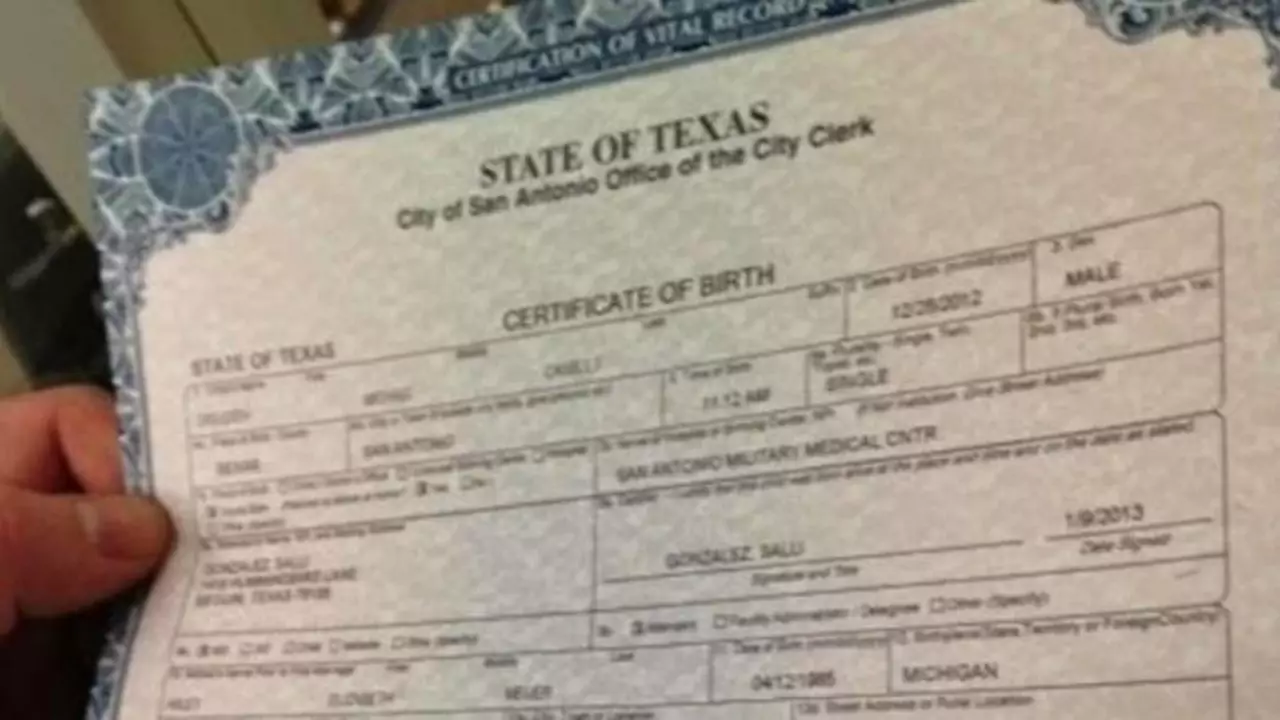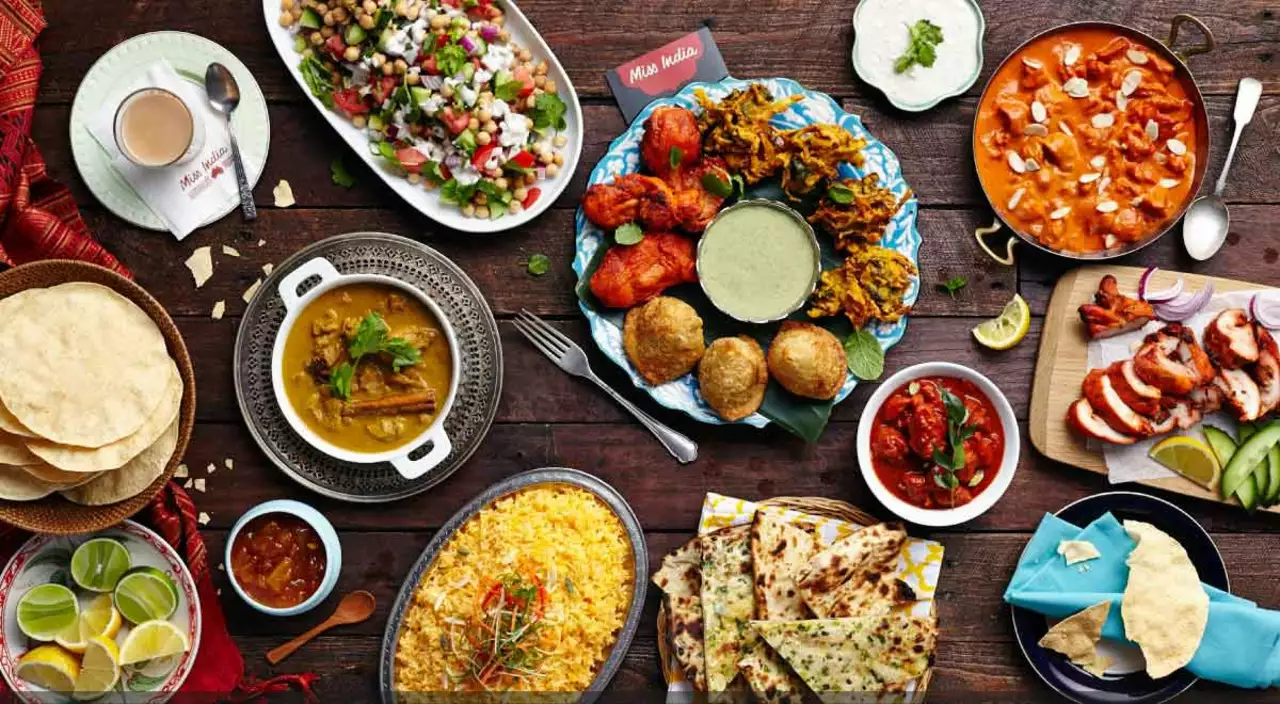Birth Certificate: How to Get, Replace, and Use It
A birth certificate is the basic ID for every person. You need it to get a passport, school admission, government benefits, or to prove age and identity. Here I explain how to obtain one, what documents you usually need, how to replace a lost certificate, and a few tips to avoid problems.
How to get a birth certificate
If your child was born in a hospital, the hospital usually files the birth with the local registrar. Ask for a copy or the application receipt. If a birth happened at home, you must report it to the local municipal office or health department. You will normally fill a registration form and submit ID of parents and a delivery proof such as a hospital discharge summary or a midwife note.
Most countries allow online application. In India use the municipal website or the Births and Deaths Registration portal. In the USA each state has its own vital records office — search your state name plus "vital records" to find the right site. Expect a processing time of days to a few weeks and a small fee for a certified copy.
Replacing, correcting, or ordering extra copies
Lost the certificate? Contact the same office that issued it. You will usually need a photo ID, a signed application, and sometimes an affidavit explaining the loss. For name or date corrections you may need proof like school records, hospital papers, or a court order for bigger changes. Keep a few certified copies in a safe place; many processes ask for an original or certified copy, not a photocopy.
If you need the birth certificate for immigration, schooling, or legal matters abroad, get a long-form certified copy and an apostille or embassy verification if required. For translations, use an official translator and have the translation notarised.
Tips to avoid common problems: register births early, keep the hospital or midwife contact details, and store a scanned copy in cloud storage. If parents' names or addresses change later, update the local record to match other documents like passports and education certificates.
Costs and rules vary. Some places restrict access to immediate family only. If you are applying on behalf of someone else, carry proof of relationship and authorization. For older births, the registrar may need more proof or a court order if records are missing.
For children born abroad to citizen parents, check your country's consulate for registration steps and dual citizenship rules. For adoption cases, request corrected records once the legal process is complete.
One last practical point: when you get a new birth certificate, order two or three certified copies at once. It saves trips later. Store originals in a safe place and keep digital backups. That makes future tasks like applying for passports, school, or benefits much smoother.
Need help? Visit your local registrar office or ask a community help centre. Bring ID, proof of birth, and any existing records. If the process feels confusing, hire a qualified agent or ask the consulate. Fast action and clear documents save time and headaches later for important life events.
Well, folks, let's dive into this spicy topic - is a birth certificate proof of Indian nationality? My research says 'no', it's not. It's like saying your mom's curry recipe makes you a chef! A birth certificate shows you were born in India, but that's not enough to prove nationality. Just like being able to make a decent cup of masala chai doesn't make you the next MasterChef. So, there you have it, friends - birth certificate isn't the ultimate ticket to Indian nationality, just like my mom's curry recipe isn't my ticket to a cooking show!
View More




